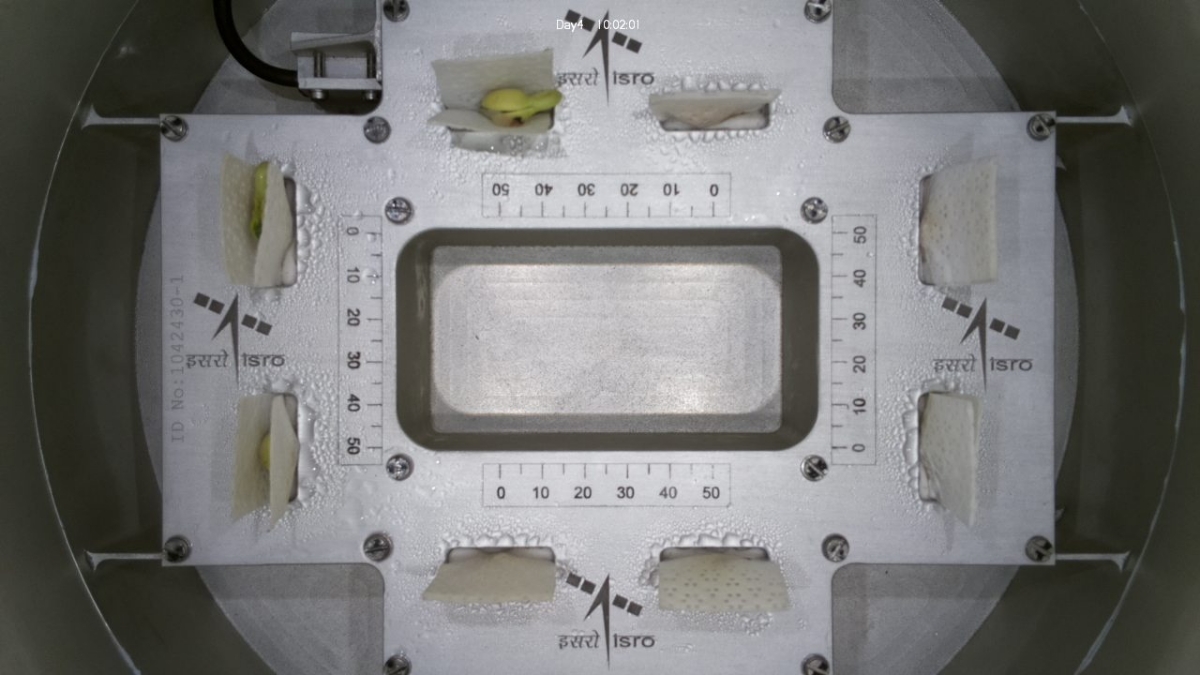VSSC’s CROPS Experiment Onboard PSLV-C60 POEM-4 Successfully Sprouted Cowpea Seeds In 4 Days

On 30th December, the Polar Satellite Launch Vehicle-C60 (PSLV C60) mission carrying a pair of SpaDeX satellites as main payloads lifted off from Sriharikota. CROPS (Compact Research Module for Orbital Plant Studies) is one of 24 smaller payloads. This CROPS experiment is developed by VSSC to study plant growth in microgravity.
ISRO has now officially revealed that the CROPS experiment onboard PSLV-C60 POEM-4 successfully sprouted Cowpea seeds in 4 days and the leaves are expected to develop soon.
Life sprouts in space! 🌱 VSSC's CROPS (Compact Research
Module for Orbital Plant Studies) experiment onboard PSLV-C60 POEM-4 successfully sprouted cowpea seeds in 4 days. Leaves expected soon. #ISRO #BiologyInSpace pic.twitter.com/dfrplNNoUD— ISRO (@isro) January 4, 2025
This definitely marks a significant milestone in India’s space biology research as the ability to row vegetables while in Space is regarded as vital in the context of India’s plans for its own space station, the Bharatiya Anthariksh Station, and future deep space explorations.
According to the space agency, Passive measurements, including camera imaging, oxygen, and carbon dioxide concentrations, relative humidity, temperature, and soil moisture monitoring were available inside the chamber for plant growth and monitoring. It was said that VSSC selected cowpea over other plants due to its relatively fast growth, and robust root and stem structure.
In the future, some more experiments like this may be carried out by the space agency. Stay tuned for all the latest updates.


